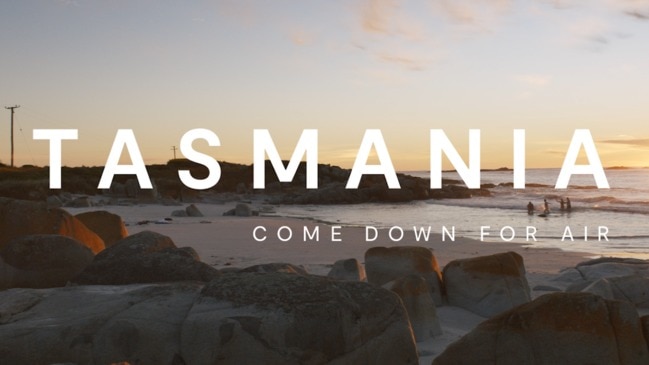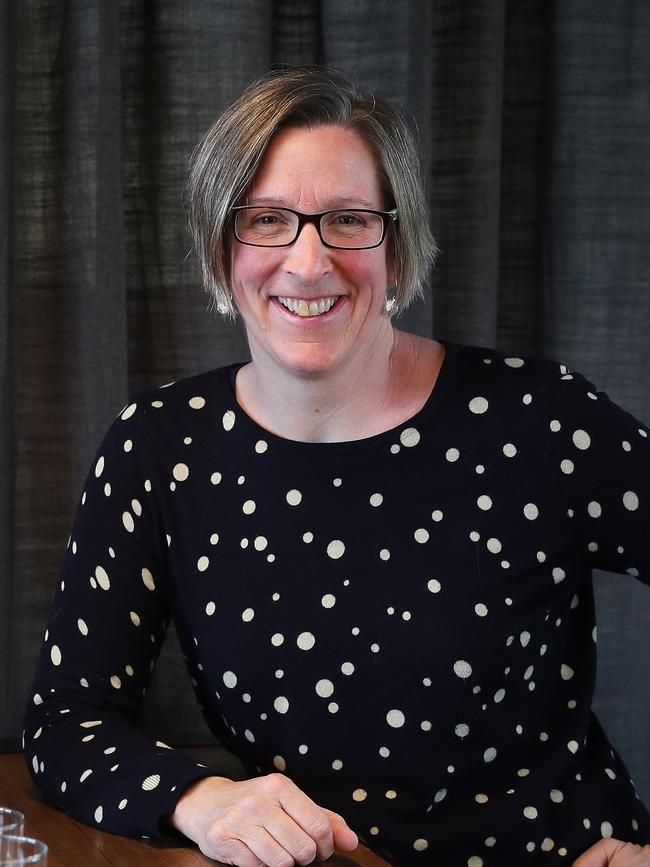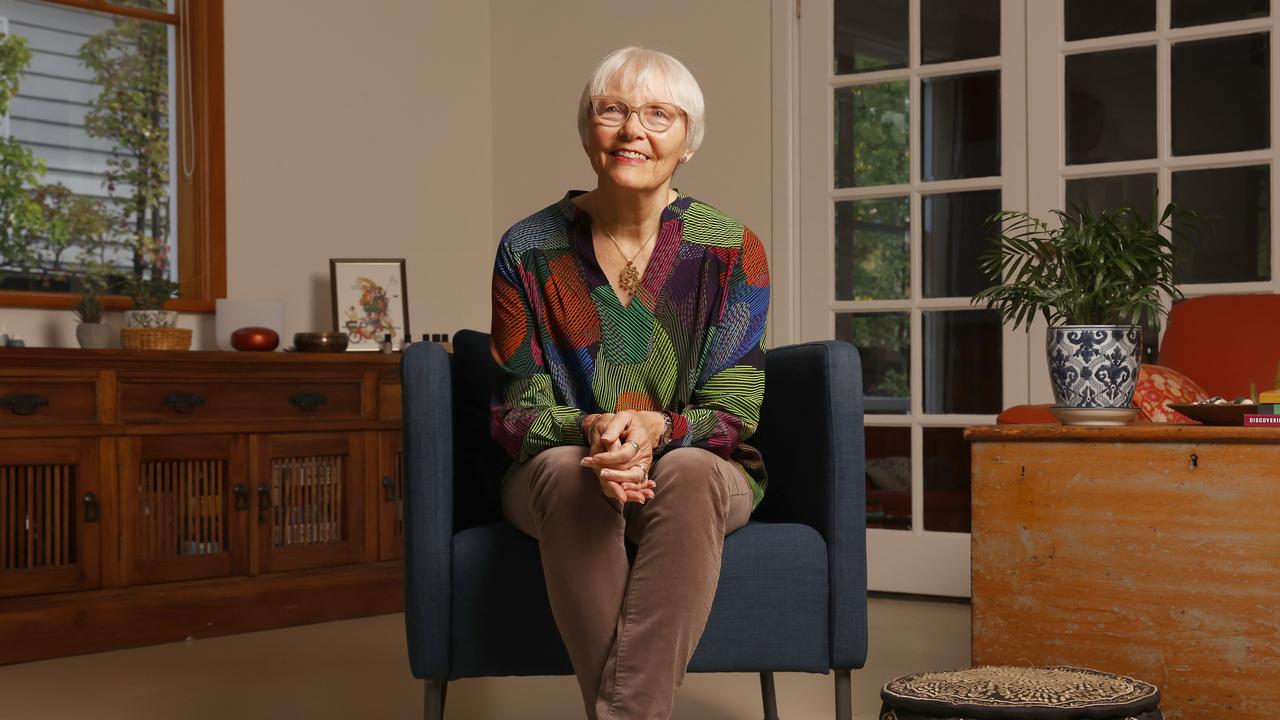New book exploring Tasmania’s visitor economy and its pressure points launched
A leading tourist academic says to some extent Tasmanians need to get used to sharing some of their ‘secret spots’ as a book exploring the state’s visitor economy and its pressure points is launched.

Lifestyle
Don't miss out on the headlines from Lifestyle. Followed categories will be added to My News.
TASMANIANS are struggling to share their island state, says a leading tourist academic as a book exploring the state’s visitor economy and its pressure points is launched.
University of Tasmania associate professor of tourism and society Anne Hardy said that to some extent Tasmanians needed to get used to sharing some of their ‘secret spots’.

“I think the essential conflict facing Tasmania is around the question of how much is a good thing,” Dr Hardy said yesterday before the launch of Tourism in Tasmania, which she co-edited with fellow UTAS academic Can-Seng Ooi.
TASMANIA’S 25 HIDDEN TOURISM GEMS
“That’s the big pressure point. Many Tasmanians have grown up really valuing space and solitude and now that Tasmania has become a popular tourism destination, it’s causing a lot of angst for some people.
“Not for everyone, though. Some people are very happy with the growth, the new cultures and the tourism products that are growing.”
Dr Hardy said the book called on academic researchers to share their findings in an accessible way that would contribute constructively to industry and community discussion.
“What we would really like to see come out of this book is some consensus about what Tasmania is going to be known for,” she said.
Until we reached consensus on how to grow, the debate over the appropriateness of both the scale and type of tourism would continue.
MORE NEWS:
NO ROOM AT THE INN FOR STRANDED PASSANGERS
BIKIES BANNED FROM PUBLIC INSIGNIA DISPLAYS
GROUPS UNITE AGAINST ‘UNJUST’, ‘DANGEROUS’ LAWS
Professor of Cultural and Heritage Tourism Can-Seng Ooi said introducing an indirect tourism tax could help redistribute the benefits of tourism more broadly in the community.
“It is contentious but there are creative ways to engage the industry with community to introduce a tourism tax,” he said.
“It does not have to be a direct tax, but could be introduced through regulations. For example, if a developer wants a higher density for its hotel development, they must commit a certain percentage to community projects such as art spaces in return.”
Tourism Industry Council Tasmania chief executive Luke Martin welcomed the book, having previously made a disparaging comment about it on Twitter.
“I am looking forward to reading it,” Mr Martin said. “It would be refreshing to see UTAS make a constructive contribution to tourism planning and discussion, and perhaps do it more collaboratively with industry and government stakeholders.”


